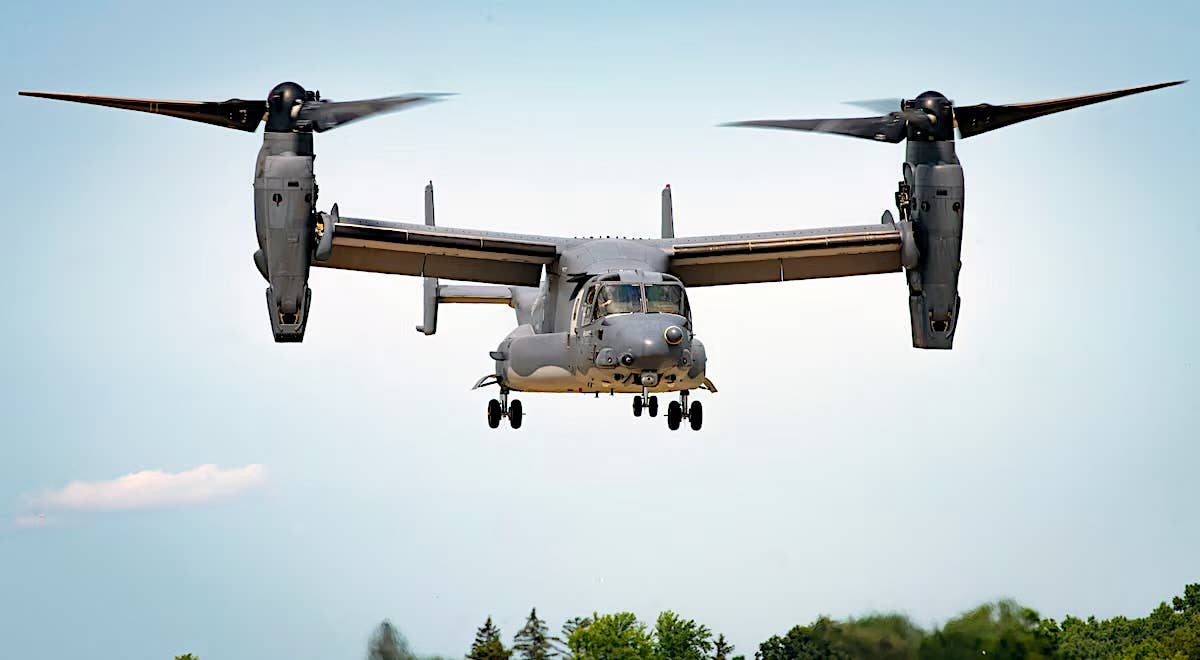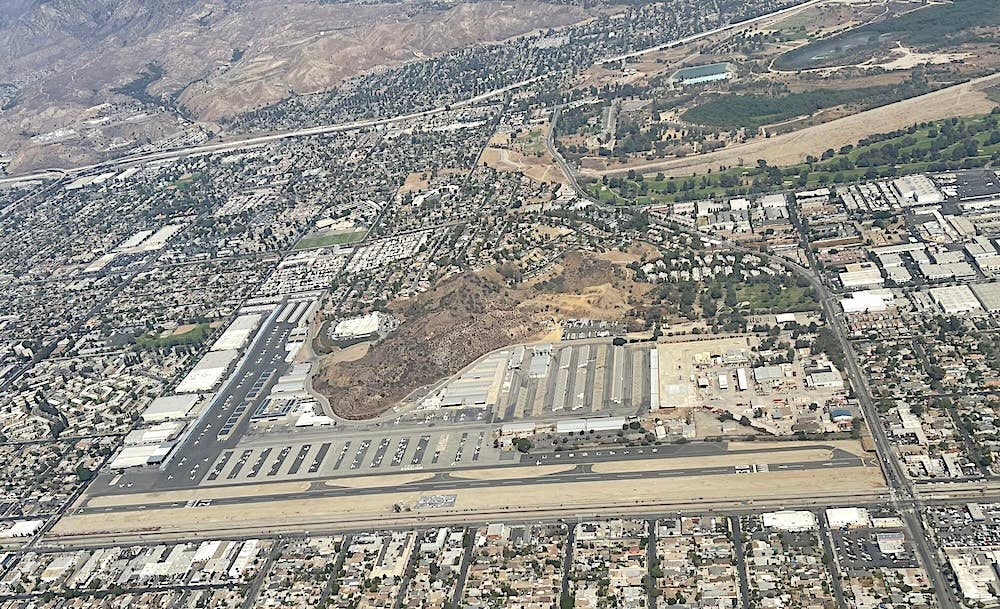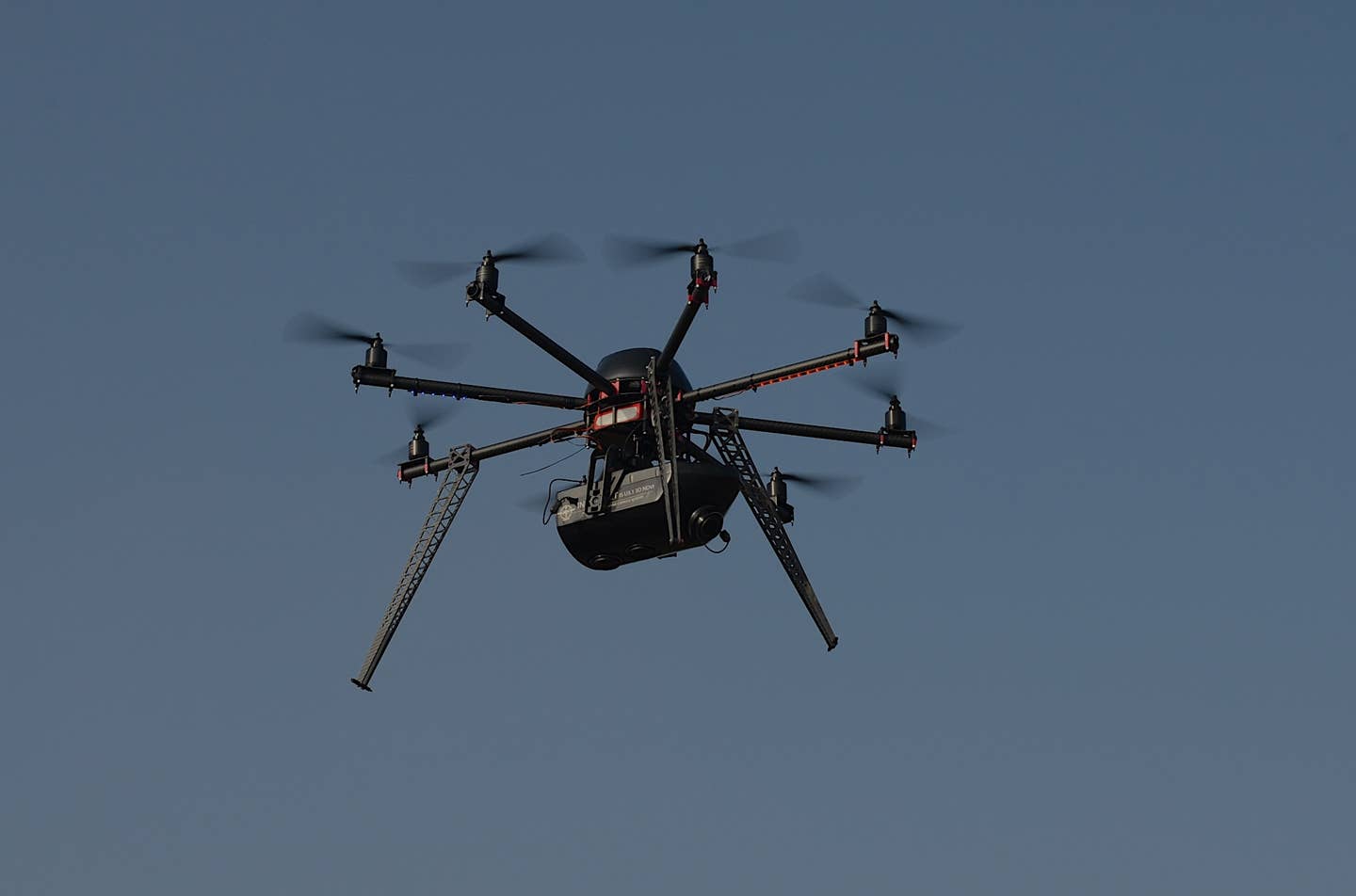Harrison Ford Under Investigation For Runway Incursion
Actor Harrison Ford is under investigation by the FAA following a runway incursion at California’s Hawthorne Municipal Airport (HHR) last Friday. Ford, 77, taxied across Runway 7/25 in an Aviat…

Image: U.S. Air Force
Actor Harrison Ford is under investigation by the FAA following a runway incursion at California’s Hawthorne Municipal Airport (HHR) last Friday. Ford, 77, taxied across Runway 7/25 in an Aviat Husky after he “misheard” a hold-short instruction from air traffic control. According to the FAA, another aircraft was performing a touch-and-go on the runway and the two aircraft were approximately 3600 feet apart at the time of the incident.
“Mr. Ford crossed the airport’s only runway in his aircraft after he misheard a radio instruction from ATC,” Ford’s publicist Ina Treciokas said in a statement. “He immediately acknowledged the mistake and apologized to ATC for the error. The purpose of the flight was to maintain currency and proficiency in the aircraft. No one was injured and there was never any danger of a collision.”
Ford, who has been a pilot for more than 20 years, was also investigated by the FAA in 2017 after he landed his Husky on a taxiway at John Wayne Airport (SNA) in Orange County, California, overflying an American Airlines 737. A statement from Ford’s lawyer said that investigators “determined that no administrative or enforcement actions were warranted.” In March 2015, Ford experienced an engine failure in a Ryan PT-22 and made a forced landing on a golf course. Ford was hospitalized following the accident, which was attributed to a carburetor malfunction.






